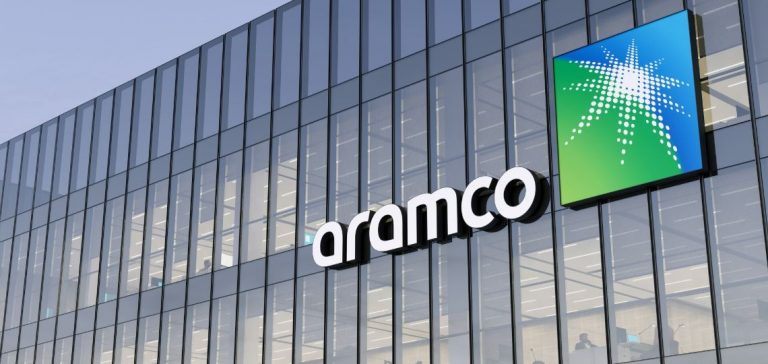The Saudi group ADES announced that it has secured 10-year contract renewals from Saudi Aramco for two onshore rigs in Saudi Arabia. This information was published in a statement on the Saudi stock exchange Tadawul. The renewals, totaling 946 million Saudi riyals ($252 million), concern rigs ADES 13 and ADES 14. The new contract will take effect immediately after the expiration of the platforms’ initial term, the company said in its release.
The two rigs have been operational in Saudi Arabia since 2019. ADES, specializing in energy services, thus consolidates its collaboration with Saudi Aramco, the Saudi national oil company. This long-term contract renewal reflects the mutual trust between the two companies and the strategic importance of the Saudi market for ADES.
Strategic Expansion in Southeast Asia
In parallel with its activities in the Middle East, ADES has recently extended its presence in Southeast Asia. In September, the company acquired two jack-up rigs for $190 million from Vantage Drilling International. This acquisition marks ADES’s entry into the Malaysia-Thailand joint development area, a key region for the energy sector. The operation allows ADES to diversify its assets and establish itself in new high-potential markets.
In May, ADES strengthened its position in Thailand by signing a contract with PTT Exploration and Production (PTTEP), the country’s national oil and gas company. This strategic partnership is part of ADES’s desire to develop its activities in Asia and collaborate with major industry players.
Development in Kuwait and Egypt
In Kuwait, ADES won six contracts in May, significantly expanding its operational fleet in the country. These contracts cover the four rigs already in service as well as two new units under construction. According to forecasts, ADES will have tripled its contracted fleet in Kuwait by 2025, increasing from four to twelve rigs. This expansion is supported by information from S&P Global Commodity Insights, which highlights ADES’s growing importance in the region.
In Egypt, the company concluded in March a 10-year service agreement aimed at increasing production on two mature sites. This contract reflects ADES’s commitment to optimizing production on existing fields and establishing sustainable partnerships in the Egyptian energy sector. Egypt, being ADES’s country of origin, remains a crucial market for the company.
A Diversified International Portfolio
Currently, ADES operates 49 jack-up rigs and 38 onshore rigs across nine countries, including India, Egypt, and Qatar. This geographical diversification allows the company to minimize risks associated with a single market and take advantage of global opportunities in the oil and gas services sector. ADES’s presence on multiple continents strengthens its ability to meet the varied needs of its clients and adapt to market fluctuations.
ADES’s strategy is to expand its international reach while consolidating its relationships with national and international oil companies. The long-term contracts obtained with Saudi Aramco and other key partners illustrate this approach. By investing in new markets and increasing its fleet of rigs, ADES aims to grow its market share and strengthen its position among the leading drilling service providers.
Outlook for the Energy Services Sector
The renewal of contracts with Saudi Aramco comes in a context of growing demand for drilling services worldwide. National oil companies, particularly in the Middle East, are seeking to increase their production to meet global energy needs. Companies like ADES play an essential role by providing the expertise and resources necessary to support these objectives.
ADES’s expansion into regions such as Southeast Asia and the Middle East reflects a broader industry trend, where energy service providers seek to diversify their operations. This diversification is crucial to maintain growth and financial stability in the face of oil price fluctuations and regulatory changes.






















